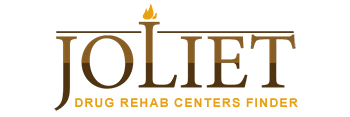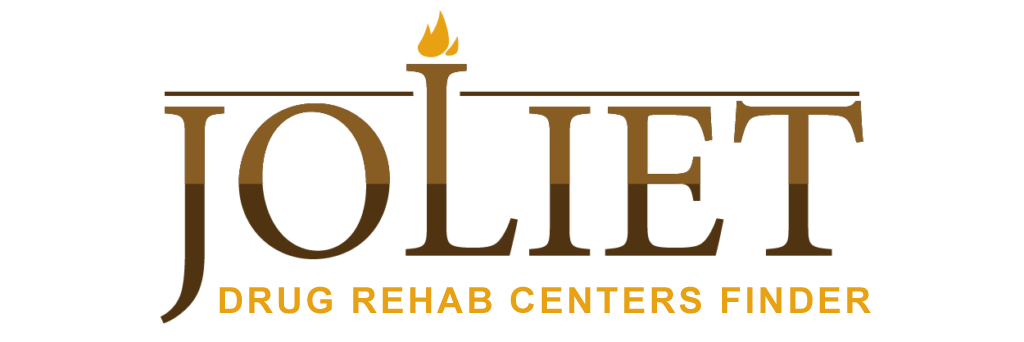Drug Addiction and Rehab in Joliet, IL
Drug addiction is a growing problem in the United States. The National Institute on Drug Abuse survey in 2013 found that 24.6 million people over the age of 12 used an illicit drug in the past month. This number is about 9.4 percent of the population. In many cases, these individuals begin using drugs recreationally. However, Joliet Drug Rehab Centers knows that a drug addiction can develop quickly, requiring professional treatment with a variety of therapies. With Joliet Drug Rehab Centers, you can depend on skilled, compassionate care.
Is Dependence the Same As Addiction?
The difference between drug addiction and dependence may seem like a finer point, but it is important to understand in regard to treatment. Dependence is a physical reliance on a substance, that can is usually indicated by withdrawal symptoms when the person tries to stop. However, addiction is much more complex. Addiction involves psychological and behavioral issues that cause the individual to continue to wish to use the substance even though no longer physically dependent on it. Drug addiction is the compulsion to continue using that needs a professional treatment program, like Joliet Drug Rehab Centers can connect you with, to unlearn negative behaviors and replace them with positive mindsets and actions.
Signs of Addiction
Addiction involves both physical and psychological aspects of compulsive drug use. It is generally characterized by a number of recognizable features:
- Increased tolerance that requires using more of the drug to maintain the same level of high
- An inability to stop using, though the individuals may want to stop
- Unpleasant withdrawal symptoms when the individual stop using the substance
- Continuing to use the substance in spite of negative consequences that occur because of it, such as job loss, financial problems arrest or broken relationships
Commonly Abused Drugs
A number of drugs that pose a risk for addiction are commonly used recreationally. They generally fall into three different categories:
- Opiate drugs – These drugs include heroin and prescription painkillers, such as Vicodin and Oxycontin, that produce feelings of euphoria, warmth and well being in the user.
- Stimulant drugs – Stimulant drugs, like methamphetamine, Adderall and Ritalin produce a feeling of energy and confidence. They cause talkativeness and the ability to work long hours, and they also produce feelings of euphoria.
- Sedative drugs – Sedative drugs are those like Xanax, Klonopin or Valium which provide a feeling of calm and relaxation in the individual.
What Makes An Effective Addiction Program?
In itself, detox is inadequate for changing the thought patterns and behaviors involved in addiction. Treatment must also include intensive therapy, addiction education and relapse prevention training to ensure that individuals can live in sobriety after the program. An effective treatment program must be individualized for the patient’s unique needs. Some patients may benefit most from group therapy that includes the experiences of other people. Other patients may benefit more from self-discovery and self-expression, such as art therapy or writing. Treatment should also take a holistic approach that treats the whole individual, that is to say, their physical, psychological and their social needs.
If you or a loved one is struggling with drug addiction and need the professional help of a rehab facility, contact Joliet Drug Rehab Centers at (779) 333-0829 to discuss options that can help you to change your life. Get more information at www.jolietdrugrehabcenters.com.


